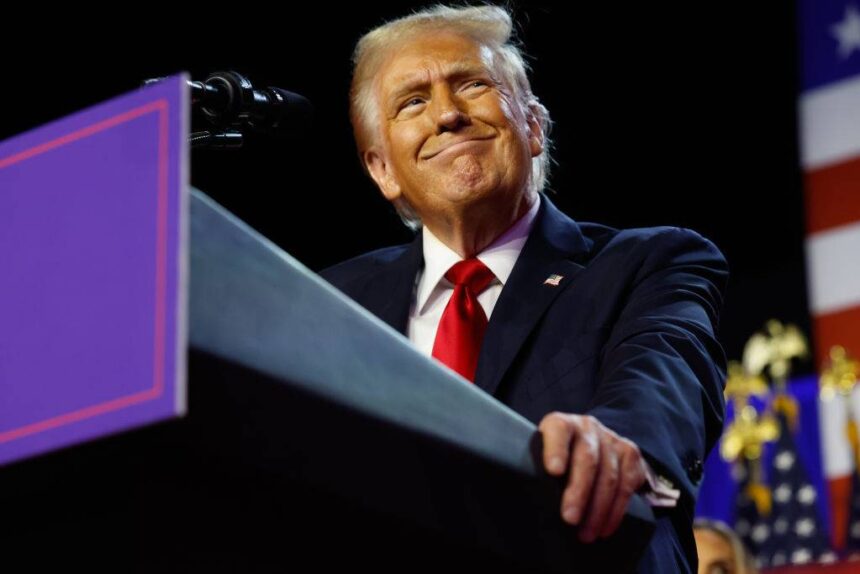The recent diplomatic dispute between South Africa and the United States has escalated, with Pretoria expressing concern over President Donald Trump’s executive order offering aid and sanctuary to white South Africans. The South African Department of International Relations and Cooperation issued a statement criticizing the order, stating that it lacks factual accuracy and fails to acknowledge the country’s history of colonialism and apartheid.
In the executive order issued by Trump, he accused South Africa of enacting policies that discriminate against ethnic minorities, particularly Afrikaners. He also claimed that South Africa was taking aggressive positions against the US and its allies, leading to national security threats. As a result, the US would promote the resettlement of “Afrikaner refugees” fleeing what Trump described as government-sponsored discrimination.
However, Afrikaner rights groups Afriforum and Solidarity distanced themselves from Trump’s order, stating that they had not advocated for punitive action against South Africa. They emphasized that Afrikaners had no intention of leaving the country and that they were committed to resolving policy differences through dialogue with the South African government.
In response, the South African government criticized the executive order, pointing out the irony of offering refugee status to a group that is economically privileged while vulnerable populations in the US face deportation and asylum denials. President Cyril Ramaphosa reaffirmed South Africa’s commitment to its policies, despite pressure from the US, and vowed to stand united as a nation.
The international relations department reiterated South Africa’s commitment to diplomatic solutions and expressed willingness to engage in discussions to address misunderstandings or disputes. The ongoing tensions between the two countries highlight the complexities of international relations and the importance of dialogue in resolving conflicts.








